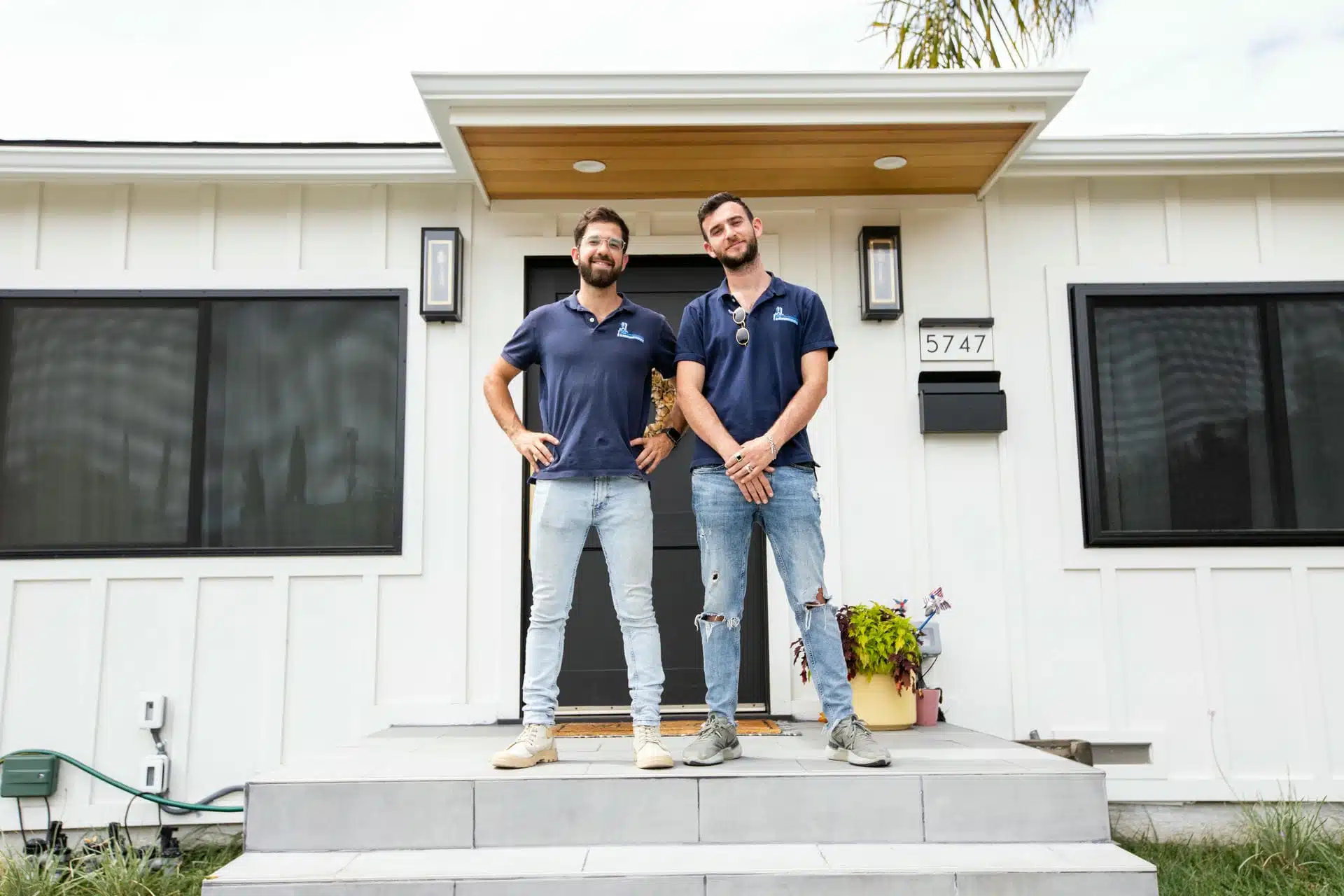A home addition can be an exciting prospect for any homeowner, offering the opportunity to expand your living space and customize your home to better suit your needs. However, home additions can also be significant financial investments, especially in cities where construction costs can be high, such as Los Angeles. Planning and sticking to a budget is crucial to ensuring that your home addition project is not only successful but also financially prudent. In this guide, we’ll walk you through the detailed process of creating a budget for a home addition in Los Angeles.
Step 1: Define the Scope of the Project
Before you can create a budget, you need to determine exactly what your home addition will entail. This involves making some important decisions, such as the purpose and size of the addition. Will it be a new bedroom, a larger kitchen, or a new entertainment space? Once you’ve defined the purpose, you’ll need to consider how large the addition needs to be to fulfill its function. Additionally, think about any specific design elements or features you want to include, as these can significantly impact the cost.
Step 2: Research and Gather Cost Estimates
With your project’s scope in hand, it’s time to delve into the numbers. Research typical construction and labor costs for projects similar to yours in the Los Angeles area. Keep in mind that costs can vary widely depending on the neighborhood, the complexity of the work, and the materials you choose. To get the most accurate estimates, request quotes from multiple licensed contractors. Remember to ask them about all potential costs, including building permits, site preparation, and any necessary add-ons like new HVAC systems.
Step 3: Create a Detailed Budget
Using the estimates you’ve gathered, create a detailed budget for your home addition project. Break down the costs into specific categories such as materials, labor, permits, and any additional expenses you may have identified. It’s vital to be as precise as possible; overlooking even small expenses can lead to a budget shortfall. As a rule of thumb, it’s wise to allocate about 10-20% of your total budget for unexpected costs that may surface during the project.
Step 4: Prioritize and Make Trade-Offs
Unless you have an unlimited budget, some of the elements you’ve initially planned for may need to be adjusted. Prioritize what’s most important in your home addition and decide where you might be willing to make trade-offs. It can be helpful to categorize your wishlist into “must-haves,” “nice-to-haves,” and “wish list” items. For instance, reducing the size of the addition can help save on construction costs, or opting for standard materials instead of premium ones can also make a significant difference.
Step 5: Review Financing Options
Once you have a clear budget, it’s time to consider how you’ll finance your home addition. There are several options available, such as using your savings, taking out a home equity loan, or exploring construction loans. Each has its own benefits and considerations. If you’re not sure which option is best for you, consult with a financial advisor to discuss the terms, interest rates, and impact on your overall financial strategy.
Step 6: Monitor and Adjust the Budget Throughout the Project
As the project progresses, it’s important to monitor your spending closely. Keep detailed records of all expenses and regularly compare them to your budget. If you find that costs in a particular area are higher than expected, revisit your budget to see where you can make adjustments. Communication with your contractor is key; staying informed about any unforeseen changes or additional costs will allow you to adjust the budget accordingly.
The Importance of Budgeting for a Home Addition in Los Angeles
Creating and sticking to a budget for your home addition in Los Angeles is essential. It not only helps you plan for the cost of the project but also allows for a smoother construction process, as you’ll be prepared for any financial bumps along the way. By following the steps outlined in this guide, you’ll be better equipped to manage your budget effectively and enjoy the benefits of your new and improved home addition. Remember, the key to successful budgeting lies in thorough research, realistic expectations, and the flexibility to make changes as needed.











